Working Together to Improve Air Quality for Vietnamese Children
The LASER PULSE-funded Avoid the TRAP project is conducting outreach activities to engage a variety of local and national stakeholders around improving air quality for Vietnamese children. These activities have successfully integrated environmental, health, and educational partners, which will facilitate research translation, raise awareness, and enable the utilization of research outcomes. In January 2022, the project held a seminar, titled “Workshop, Networking, and Experience Sharing on the Research of Air Quality Monitoring Applied to Community Health Studies” to connect national experts in air quality. This meeting included experience sharing in measuring and monitoring air quality in Vietnam and international lessons. In addition, participants extensively discussed how to effectively monitor air quality at schools (Photos 1 and 2).

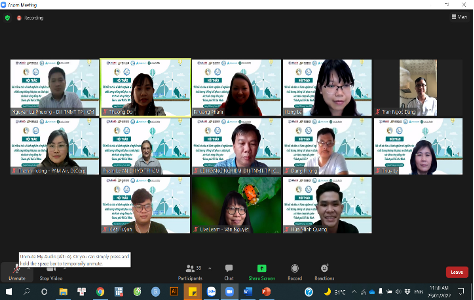
In May 2022, project PI, Professor Pham Le An, met with representatives of the Ho Chi Minh City Department of Education and Training to introduce the project and discuss collaboration between health and education. The meeting achieved outcomes including plans of collaborative activities toward raising awareness among students, teachers, and parents about environmental issues, especially air pollution, and a comprehensive assessment of the long-term air pollution effects on children’s health (Photo 3).
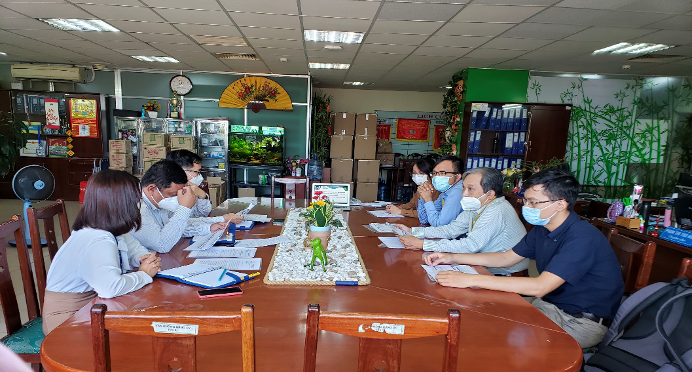
The Avoid the TRAP project aims to minimize the impact of traffic-related air pollution (TRAP) on children in Vietnam. The project employs a multi-sector collaboration approach, which has proven an effective solution to solve systemic problems such as environmental health issues. It involves cooperation and coordination among health, education, and environmental actors to make sustainable changes. Health expertise is led by the University of Medicine and Pharmacy at Ho Chi Minh City, providing evidence-based practices to protect children’s wellbeing. Educational partners facilitate project activities to approach children and establish translation activities in schools. Environmental organizations contribute effective and applied technologies to measure air quality in the Vietnamese context and promote air quality self-management by the community.
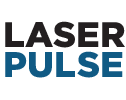
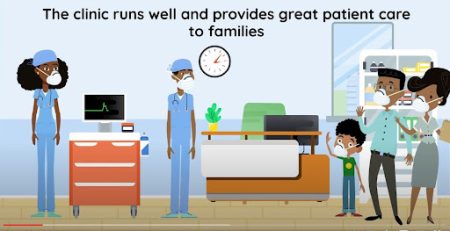
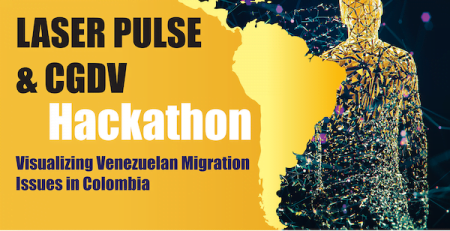
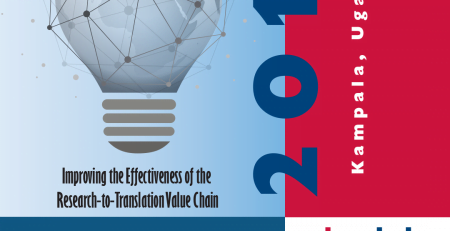
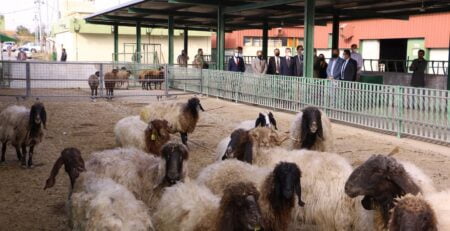
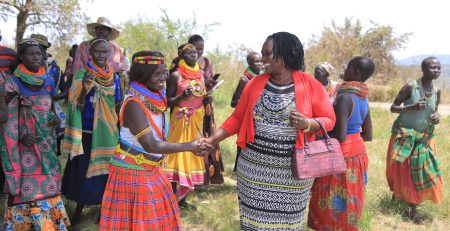
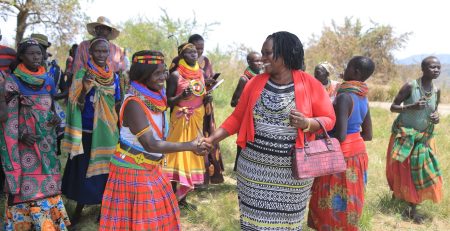
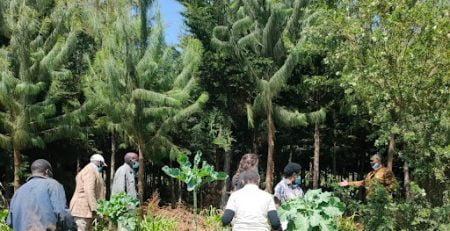
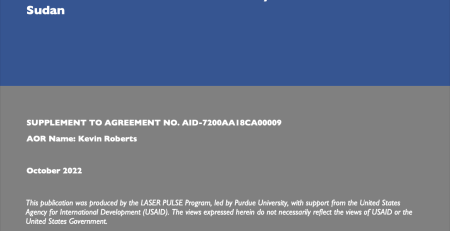

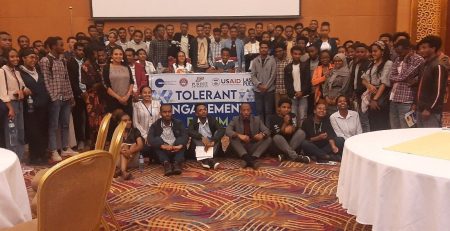
Leave a Reply
You must be logged in to post a comment.